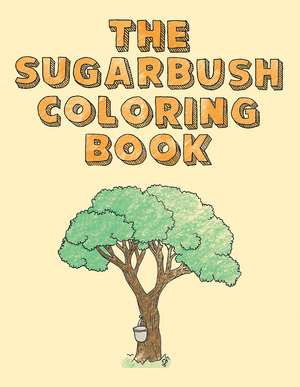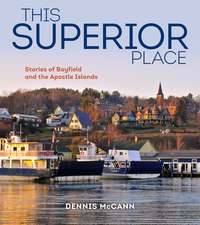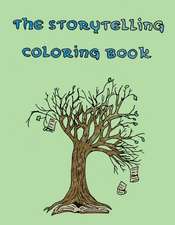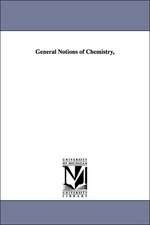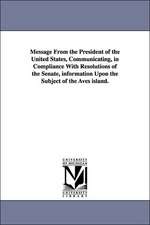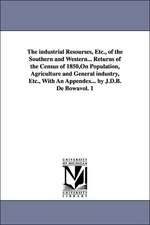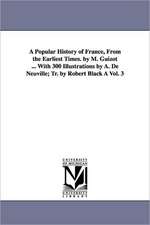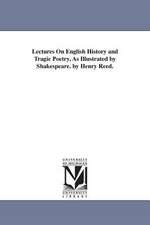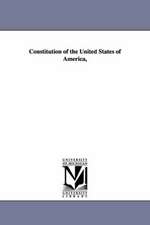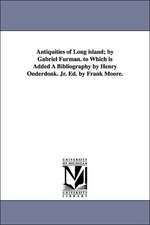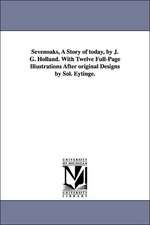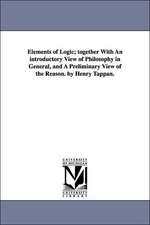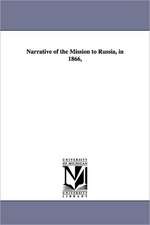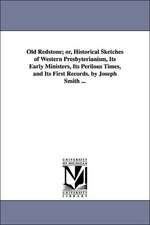The Sugarbush Coloring Book: Ojibwe Traditions Coloring Book Series
Autor Cassie Brownen Limba Engleză Paperback – 8 oct 2018 – vârsta ani
This series offers children and their families the opportunity to learn about Ojibwe lifeways and teachings in an engaging and accessible manner. Included in each coloring book are word scrambles, mazes, and other activities to help children and their families engage more deeply with the information and have fun at the same time. While younger children (3+) can enjoy simply coloring the images, older children (6+) can also use the stories and glossaries to start learning more about the language and traditions of the Ojibwe people. The four books in this series focus on different aspects of Ojibwe life and traditions, from the powwow to wild ricing.
Preț: 32.56 lei
Nou
Puncte Express: 49
Preț estimativ în valută:
6.23€ • 6.50$ • 5.23£
6.23€ • 6.50$ • 5.23£
Carte disponibilă
Livrare economică 20 februarie-06 martie
Preluare comenzi: 021 569.72.76
Specificații
ISBN-13: 9780870208959
ISBN-10: 0870208950
Pagini: 32
Ilustrații: 32
Dimensiuni: 216 x 279 x 10 mm
Greutate: 0.09 kg
Ediția:1
Editura: Wisconsin Historical Society Press
Colecția Wisconsin Historical Society Press
ISBN-10: 0870208950
Pagini: 32
Ilustrații: 32
Dimensiuni: 216 x 279 x 10 mm
Greutate: 0.09 kg
Ediția:1
Editura: Wisconsin Historical Society Press
Colecția Wisconsin Historical Society Press
Notă biografică
Cassie Brown is a proud member of the Keweenaw Bay Ojibwe Community in Michigan’s Upper Peninsula. She is a graduate of Northland College with a B.S. double major in Outdoor Education and Native American Studies.
The Indigenous Cultures Center at Northland College, created in 2011, works to create and foster community relations, particularly with the four neighboring Ojibwe communities in Northern Wisconsin, but also across other Indigenous partnerships.
The Indigenous Cultures Center at Northland College, created in 2011, works to create and foster community relations, particularly with the four neighboring Ojibwe communities in Northern Wisconsin, but also across other Indigenous partnerships.
